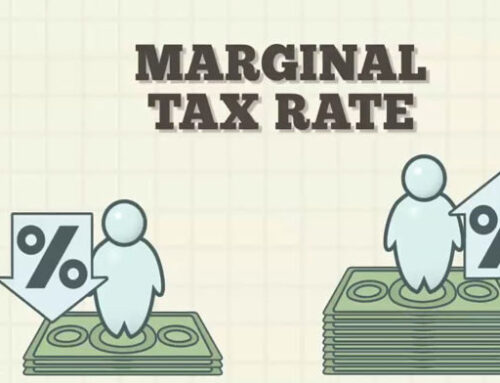Donating to Charity and Tax Credits in Canada: An Overview
Giving to charity is a common practice among Canadians, driven by compassion for others, belief in a cause, and a desire to contribute to their community. However, did you know that 23% of Canadians who donate to organizations do so to receive a tax credit?
Canada’s tax credit system provides a significant incentive for charitable donations. In addition to the satisfaction of making a difference, your gift may result in a tax deduction. This is a great opportunity to start supporting your favorite charity.
At the federal level, you can receive a charitable donation tax credit of up to 33% of the total amount you donate. Depending on your province of residence, you may also be eligible for donating to charity an additional tax credit of up to 24% of your gift.
To fully understand the tax credit system and its benefits, keep reading.
Understanding Charitable Tax Credits in Canada
If you donating to charity registered in Canada, you may be eligible for non-refundable charitable tax credits from the federal government. But what exactly are these tax credits?
A tax credit is a reduction in the amount of taxes you owe to the federal and provincial governments of Canada. In the case of charitable tax credits, this means that a portion of your donation is returned to you as a tax refund, rather than being added to your next paycheck for donating to charity.

Qualifying for the Donation Tax Credit in Canada
A donation is a gift that is made without receiving any payment in return. It can be in the form of money or other valuable assets, such as real estate, stocks, cultural or environmental gifts, and more for donating to charity. However, to be eligible for the Charitable Donation Tax Credit (CDTC) in Canada, there are some rules you need to follow.
If you receive something in exchange for your gift, such as concert tickets or merchandise, the value of what you received must be deducted from the donating to charity amount. You can only claim the CDTC for the remaining amount of your donation.
Claiming Your Charitable Donations in Canada
For federal tax credit, you can claim 15% on the first $200 of donations and 29% on any subsequent gifts. If you are in the highest tax bracket, you may be eligible for a credit of up to 33% under certain conditions for donating to charity. Similarly, all provinces offer their own tax credits ranging from 4% to 24%.
The Canada Revenue Agency (CRA) provides an online tool to calculate your credit, including the provincial component. Be sure to keep all of your donation receipts for tax purposes.
Understanding the Tax Implications of Charitable Donation Credits
Charitable donation tax credits are non-refundable, which means that they can only be used after other credits have been applied. If the amount of your charitable contributions is enough to make your tax payable zero, you will not be able to use it to increase your tax refund. However, if you still owe tax, you can use all or part of the donation amount to reduce it.
If you have unused donation credits, you can carry them forward for up to five years. It’s important to note that you can only claim a donation once, so you cannot claim the same donation in multiple years.
Also read: Top 5 Tips for Staying Ahead of Tax Season
Maximizing the Benefits of Your Charitable Donations
By donating securities, you can enjoy both federal and provincial tax incentives while making a significant contribution to your favourite charity. This is the most effective way to give because you can eliminate the capital gains tax that would otherwise be payable if you sold your publicly traded assets (such as stocks, mutual funds, bonds, etc.) and donated the proceeds to charity.
When you donate securities directly to your charity of choice, you’ll receive a tax receipt for their fair market value on the day they are received by the broker, and the full value of the securities will be given donating to charity. This approach not only allows you to avoid paying capital gains tax but also results in a larger tax credit compared to donating cash.
Also Read: What is the equipment lease interest rate For 2024?
Maximize Your Charitable Tax Credits by Carrying Donations Forward
Did you know that you don’t have to claim all your charitable donations in the year they were made? If you donate more than $200, you are eligible to carry the unused portion forward and deduct it from your taxes in any of the next five years for donating to charity.
This flexibility allows you to potentially claim a larger tax deduction in the future for the carry-forward component that was not claimed in previous years. So, consider carrying your donations forward to maximize your charitable tax credits and make the most of your giving.

In Summary
In this blog, we have discussed the tax benefits of charitable donations in Canada. By making gifts to registered charities, you can claim non-refundable charity tax credits that reduce the amount of taxes you owe to the government. Depending on the amount of your donation, you may be eligible for a tax credit of up to 33% at the federal level. It is important to note that tax credits for donations and gifts are not refundable and must be used to reduce other taxes owed. Additionally, donating to charity securities is a highly effective way to give to charity as it allows you to avoid paying capital gains tax and receive a larger tax credit.
Recent Posts
FAQ
What is the process for claiming my charitable donations?
To claim your Charitable Donation Tax Credit (CDTC) in Canada, you need to report your donations on your federal and provincial tax returns.



